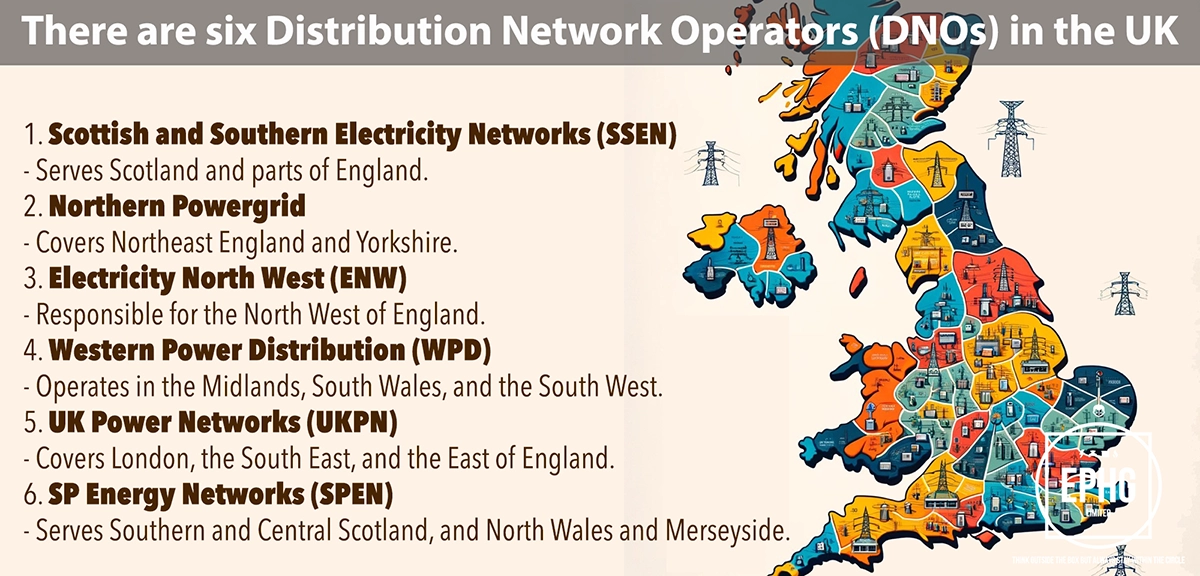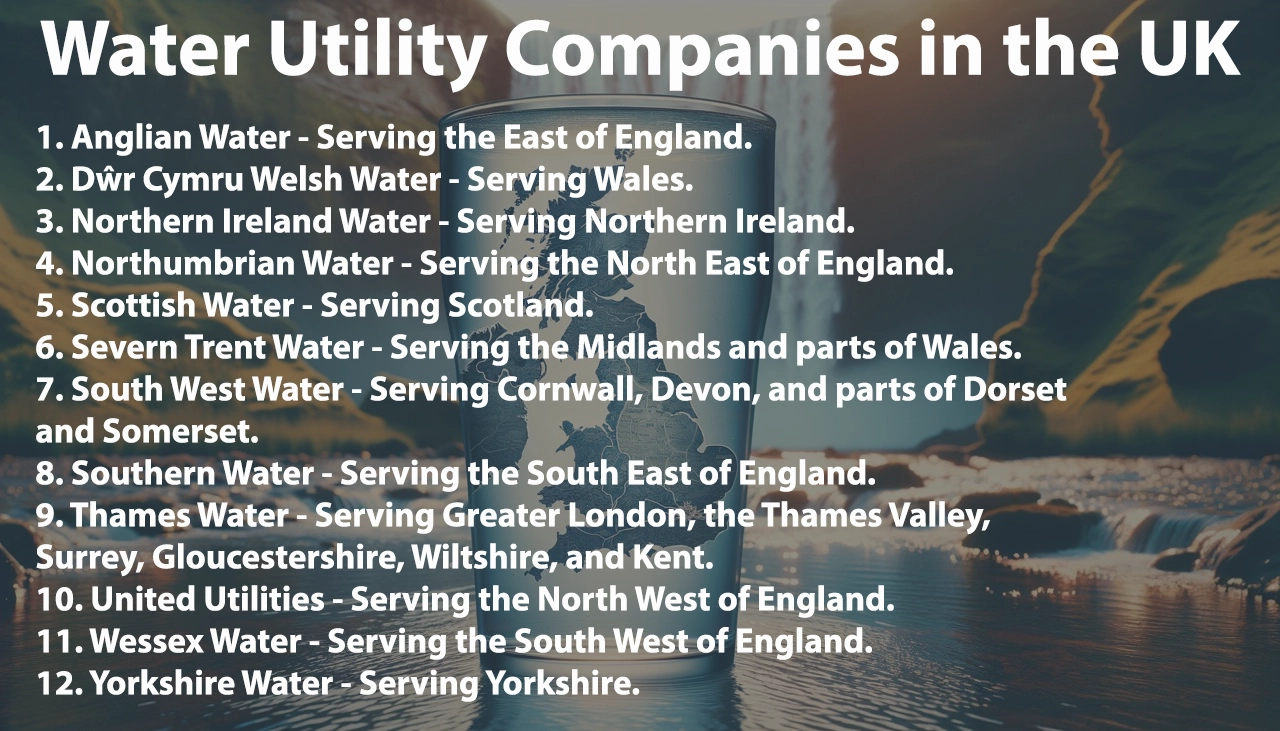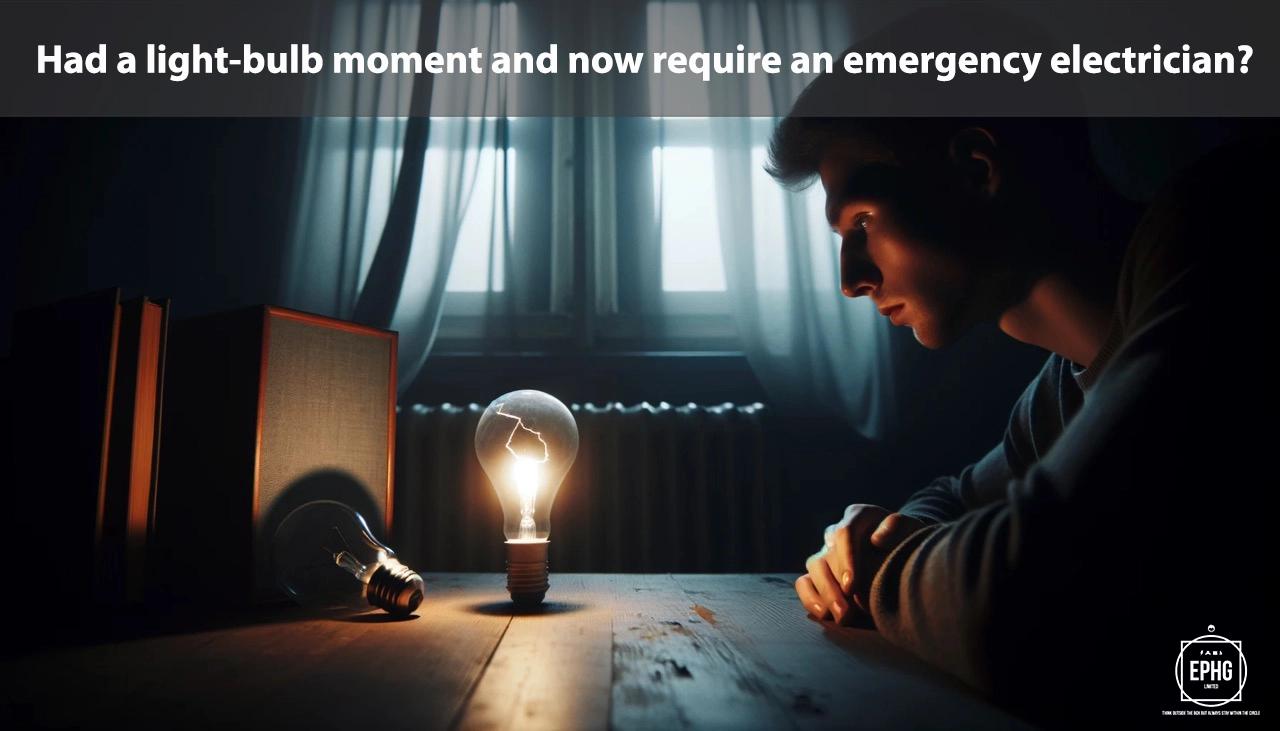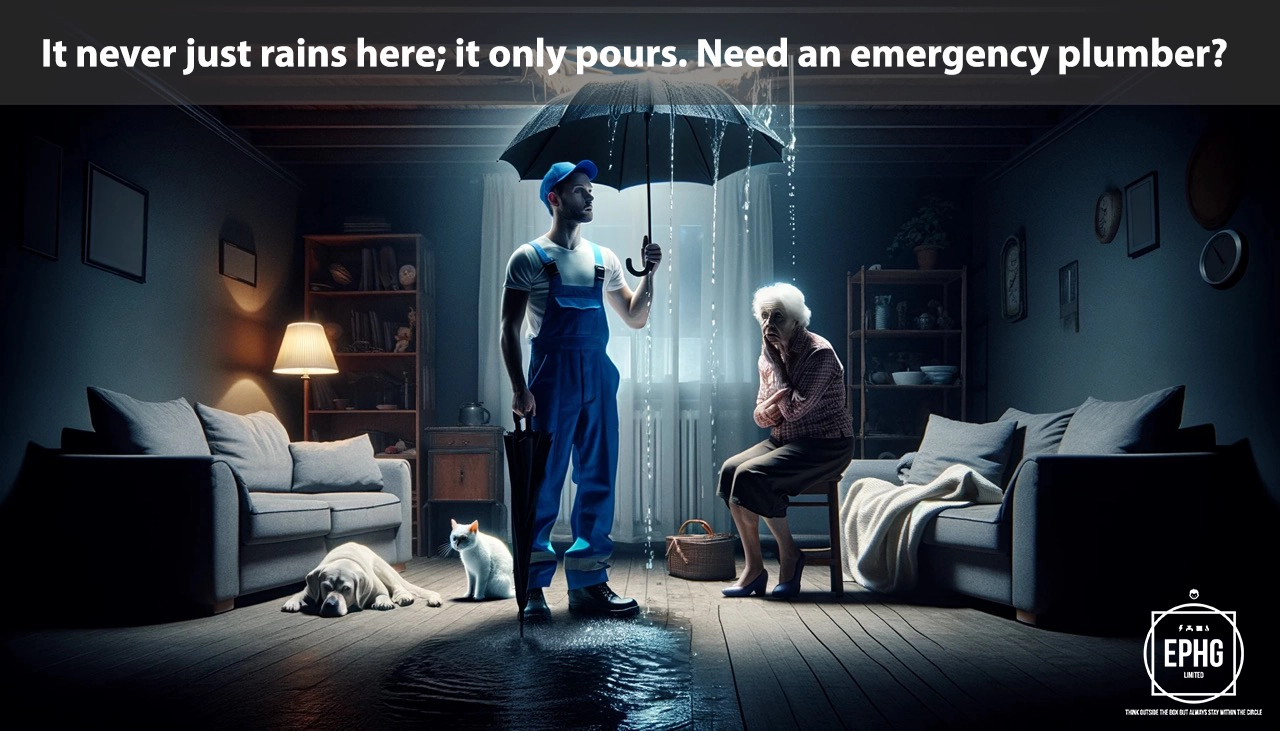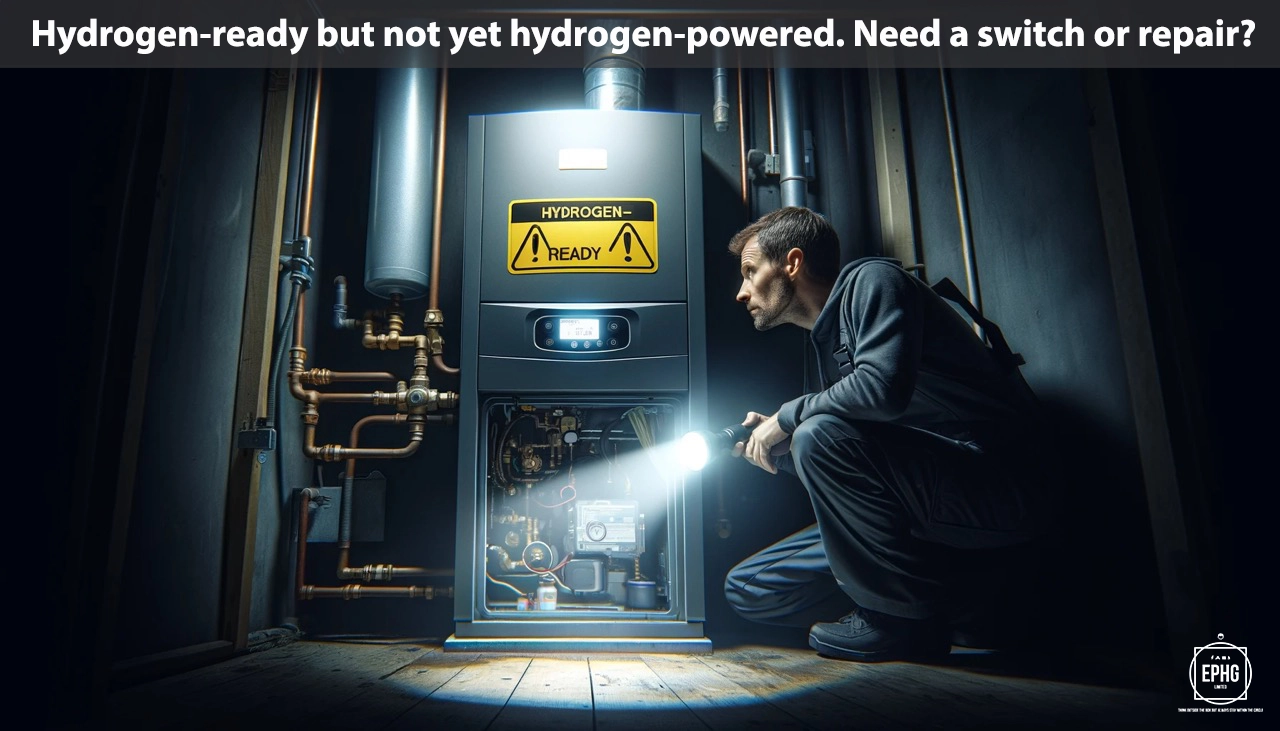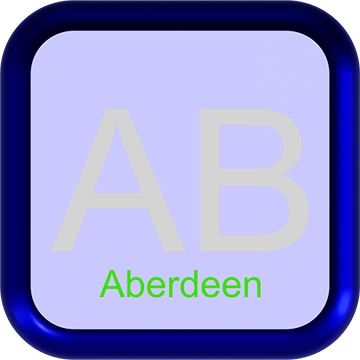
AB Postcodes for Utilities & Services in Aberdeen
Introduction: The AB postcode area, covering Aberdeen and its surrounding regions, here we share some interesting insights on water & electric, along with any other useful information.
Water in Aberdeen
Where does the water supply come from in Aberdeen and is there ever a shortage of water?
In Aberdeen, the primary water supply comes from the River Dee, which is known for its high-quality, soft water. This river, along with the River Don, has been a crucial source for the region, with various treatment facilities ensuring the water meets safety standards before distribution. Despite Aberdeen's relatively stable water provision, factors like climate change, population growth, and occasional dry spells can strain resources. While historical records show few severe shortages, local authorities continuously monitor the water levels and quality, implementing conservation measures when necessary. Aberdeen's infrastructure is designed to handle fluctuations in demand and supply, but residents are encouraged to use water wisely to help maintain its abundance.
What is the hardness & quality of the water in Aberdeen and can this affect your health?
The water in Aberdeen is predominantly soft due to its main sources being the River Dee and the River Don, which flow through granite catchment areas. Soft water is characterized by low concentrations of calcium and magnesium ions, which contrasts with hard water typically found in areas with limestone geology. This softness contributes to less mineral buildup in plumbing and makes soap and detergents more effective. In terms of quality, Aberdeen's water meets high safety and quality standards, undergoing rigorous testing for contaminants and pollutants to ensure it is safe for consumption. While soft water is generally not harmful to health and can be beneficial for those suffering from certain skin conditions like eczema, it is low in minerals such as calcium and magnesium, which are otherwise obtained from harder waters. However, the overall impact on health is minimal, and essential minerals can be sourced from a balanced diet. Residents and authorities remain vigilant to maintain the high standards of water quality, ensuring it remains safe and pleasant to use.
Electricity in Aberdeen
Where does the electric supply come from in Aberdeen and what is the future of energy there?
Aberdeen's electricity supply predominantly originates from a mix of traditional fossil fuels and increasing contributions from renewable sources. The region has a rich history of oil and gas production from the North Sea, but there's a significant shift towards sustainable energy practices. Wind farms, both onshore and offshore, play a significant role in this transition, supported by advancements in wave and solar energy technologies. Aberdeen is also at the forefront of hydrogen energy research, with initiatives aimed at integrating hydrogen fuel cells into public transportation and heating systems. Looking forward, the city is committed to becoming a global energy hub, focusing on renewable resources and innovative technologies. This vision includes significant investments in renewable energy infrastructure, aiming to reduce carbon emissions and promote environmental sustainability while ensuring energy security. The future of energy in Aberdeen appears to be green, as it pivots from its traditional oil-based economy to a more sustainable, renewable energy-driven model.
When is hydrogen coming to gas boilers in Aberdeen?
The transition to hydrogen for gas boilers in Aberdeen is part of the city's broader strategy to become a leader in green energy. While there is no exact date, the initiative aligns with the UK government's plans to reduce carbon emissions, with trials and gradual implementation expected in the coming years. This move will involve converting existing natural gas networks to hydrogen, a cleaner alternative, significantly reducing the carbon footprint of home heating. During this transition, it's essential for residents to maintain their current gas boilers, ensuring they are functioning efficiently and safely. In case of a boiler breakdown, local services in Aberdeen offer prompt repair and maintenance services. These specialists are equipped to handle traditional gas boilers and will eventually adapt to service hydrogen and hybrid systems as the shift towards green energy progresses. Residents are encouraged to stay informed about the changes and consider sustainable options for their heating needs.
Where Does the Wastewater Go in Aberdeen
In Aberdeen, UK, wastewater collection and treatment are essential aspects of the city's infrastructure, ensuring environmental and public health. After leaving residential, commercial, and industrial sites, wastewater is conveyed through an intricate sewer system to the Nigg Wastewater Treatment Works. This state-of-the-art facility is tasked with processing Aberdeen's wastewater, applying sophisticated techniques to eradicate pollutants and meet rigorous environmental standards. Post-treatment, the purified water is discharged into the North Sea, aligning with strict ecological regulations to protect marine life and coastal quality. The Nigg facility's comprehensive treatment underscores Aberdeen's commitment to maintaining urban cleanliness and environmental integrity, showcasing the city's ongoing efforts towards sustainable living and protection of its majestic coastal surroundings.
Regions and Services:
The AB postcode encompasses a diverse range of settings, from the urban heart of Aberdeen city to the picturesque villages of the Shire. Key regions include:
- Aberdeen City: The epicenter of urban utilities development, boasting advanced electrical and gas infrastructure.
- Peterhead, Fraserburgh, and Inverurie: Towns with a mix of traditional and modern services, reflecting their unique histories and economic backgrounds.
- Banchory, Stonehaven, and Ellon: Villages where renewable energy projects are increasingly common, complementing traditional utilities.
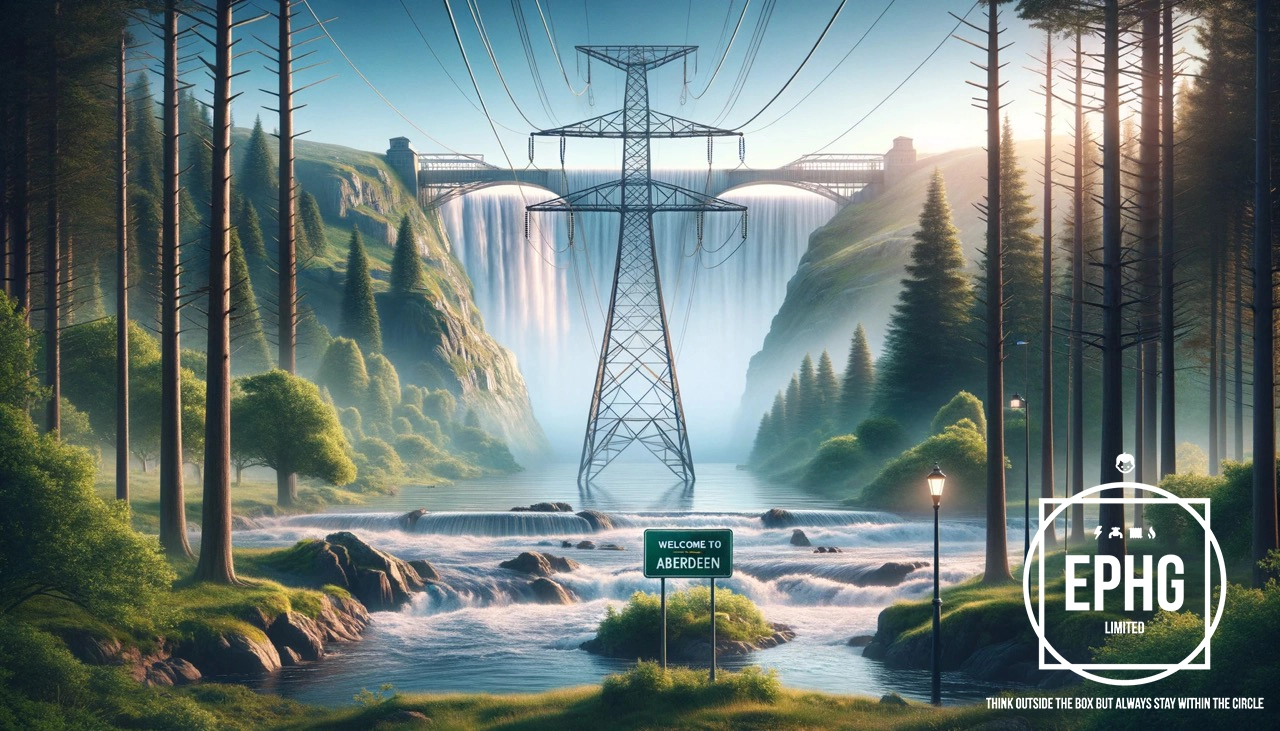
Regions within the AB Postcode
Aberdeen City
- AB10: Central Aberdeen, West End
- AB11: City Centre, Torry
- AB12: Portlethen, Newtonhill
- AB15: Aberdeen West End, Bieldside, Craigiebuckler
- AB16: Mastrick, Northfield, Middlefield
- AB24: Old Aberdeen, Woodside, Tillydrone
- AB25: North City Centre, Kittybrewster
Surrounding Areas and Villages
- AB13: Milltimber
- AB14: Peterculter
- AB21: Blackburn, Bucksburn, Dyce
- AB22: Bridge of Don, Danestone, Grandholm
- AB23: Balmedie, Belhelvie, Potterton
- AB30: Laurencekirk
- AB31: Banchory
- AB32: Westhill
- AB33: Alford
- AB34: Aboyne
- AB35: Ballater
- AB36: Strathdon
- AB37: Ballindalloch
- AB38: Craigellachie
- AB39: Stonehaven
- AB41: Ellon
- AB42: Peterhead
- AB43: Fraserburgh
- AB44: Macduff
- AB45: Banff
- AB51: Inverurie
- AB52: Insch
- AB53: Turriff
- AB54: Huntly
- AB55: Keith
- AB56: Buckie
